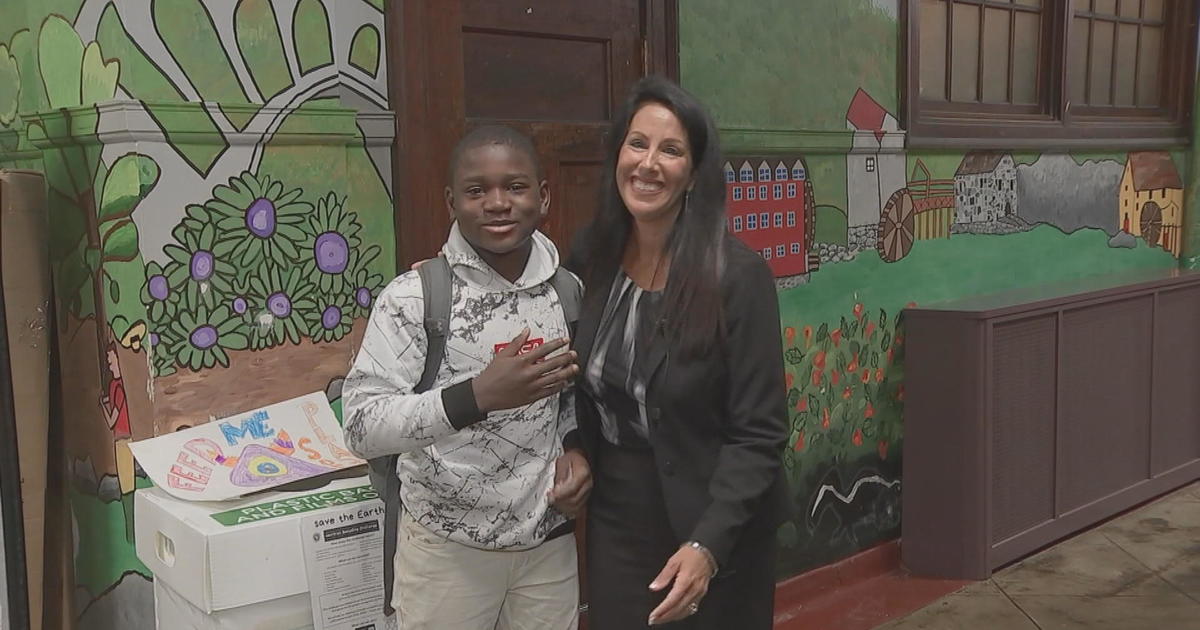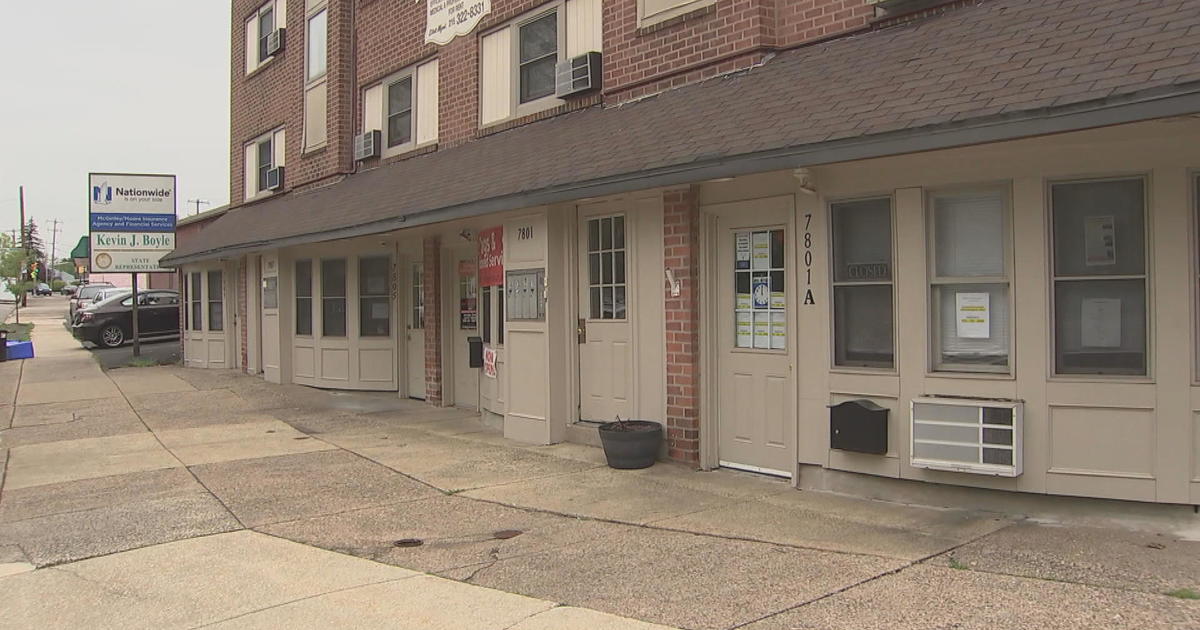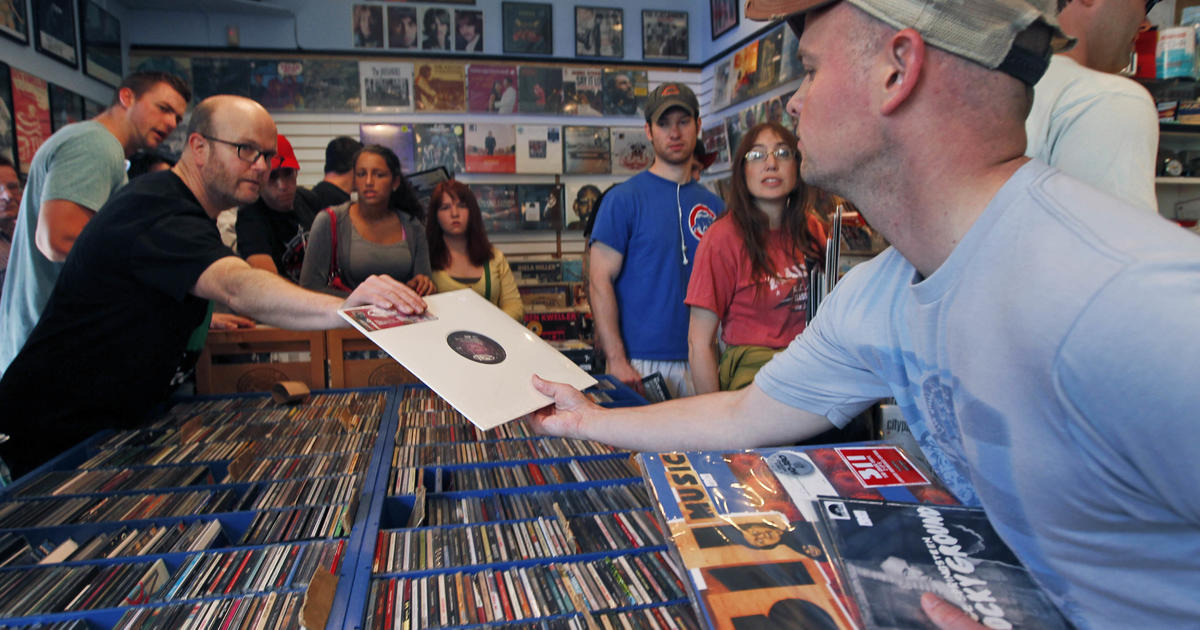3 On Your Side: Cyber Crooks Target Search Engine Links
By Jim Donovan
PHILADELPHIA (CBS) - Most of us have the common sense these days to be cautious opening emails from someone we don't know, or not open suspicious attachments. But now computer crooks have found a way to target us on search engines. 3 On Your Side Consumer Reporter Jim Donovan shows us how this cyber scheme works and how you can prevent it from happening.
Jim McGrath's computer was recently held for ransom. While searching online, his PC froze and a warning popped up demanding he pay sixty dollars for a program to get rid of a virus. McGrath tried for hours to get his computer unfrozen, but it would not function until he paid.
He said, "I felt I was being scammed into buying a virus program that I didn't need because I already had virus programs and I couldn't even run a scan on my own virus program."
McGrath was hit by a ransom-ware scheme. Cyber crooks are manipulating search engines so their tainted web links pop up in your results. If you click on the link, hidden malware or viruses can also invade your computer.
Chris Larsen of Blue Coat Security says, "You will be infected and you won't even know it." Experts says computer users now are three times more likely to get a tainted link from a search engine than in an email. According to Larsen, "People do trust the search engines and they are predisposed to click on whatever they see in the results, and because they're not aware it could be dangerous this turns out to be a very effective attack for the bad guys."
To avoid tainted links: Look at web site address endings: dot-com's and dot-net's are usually safe. But if it ends in something you've never heard of, like ".cx" or ".tf" you may want to avoid those. Also, if the text under the link looks garbled don't click on it.
McGrath isn't sure what he clicked on to launch the ransom ware. He removed the software from his PC, but wonders if it's still lurking behind the scenes.
He says, "I worry that they still may have access to my computer."
Experts say if a link just doesn't seem right, don't click on it. Teach your kids about how to avoid tainted links when searching too and of course, always make sure you have good, up to date anti virus and malware programs running on your computer.



